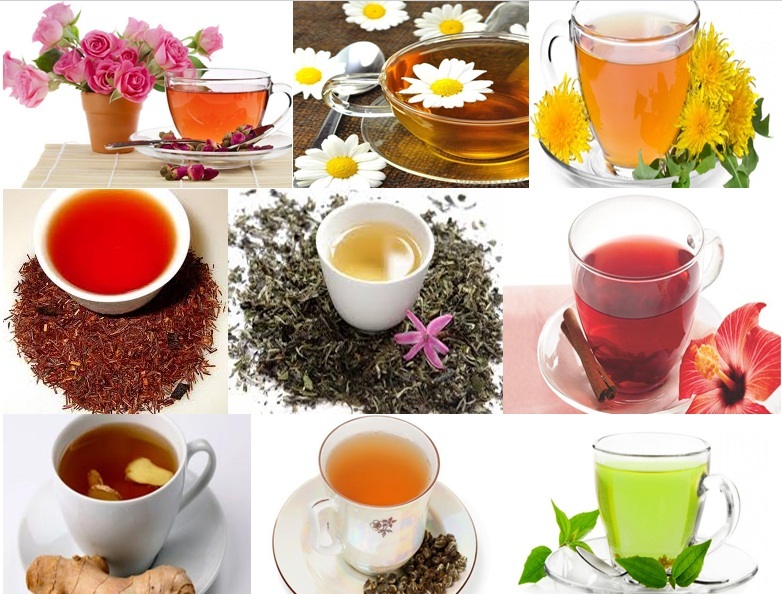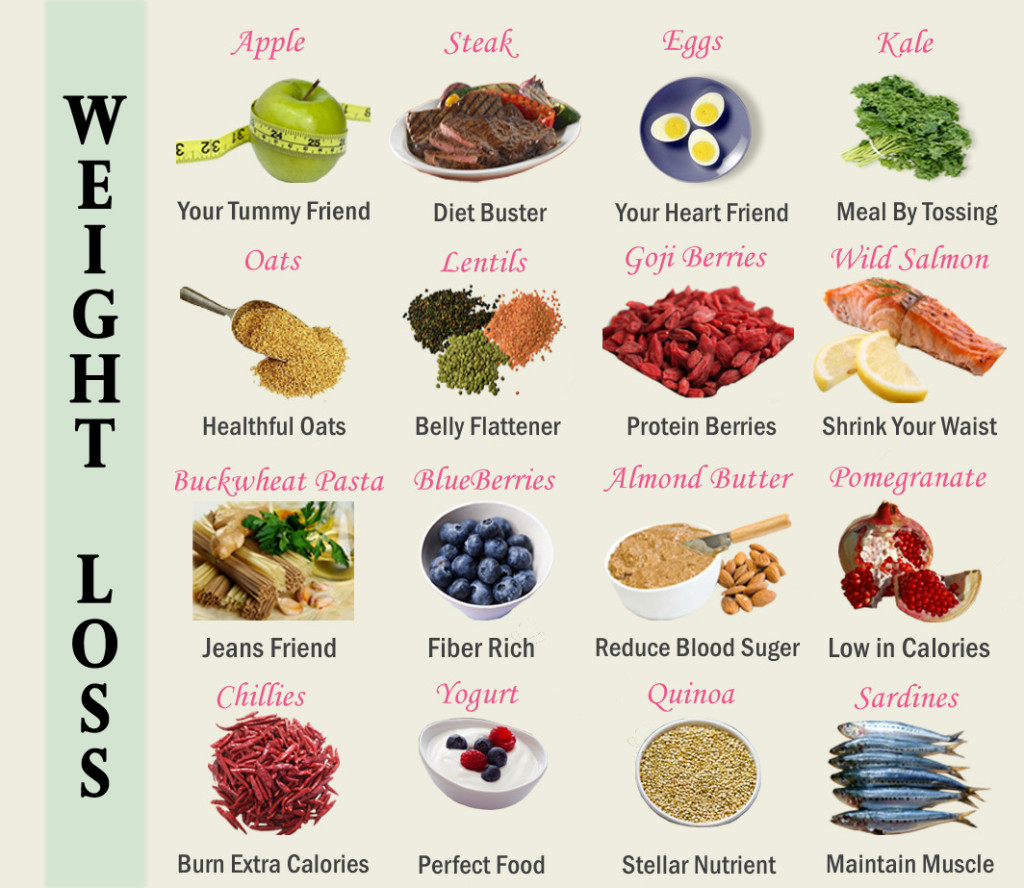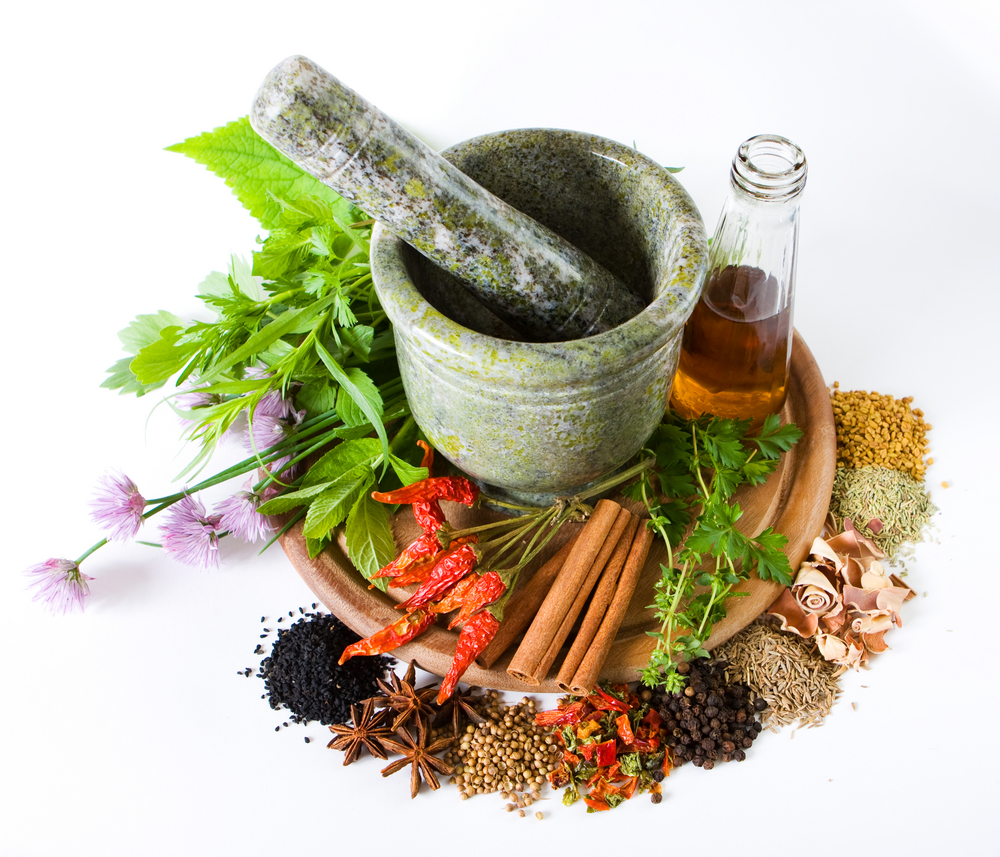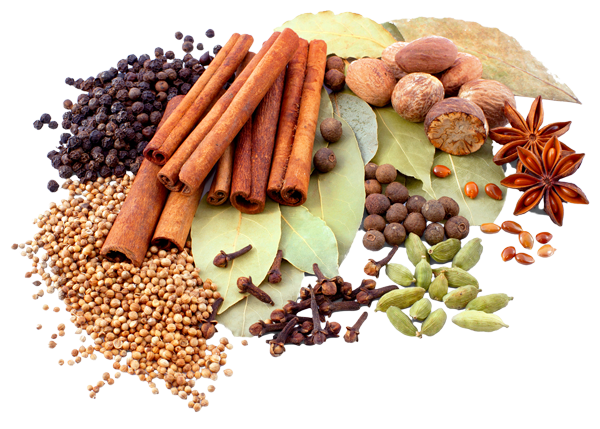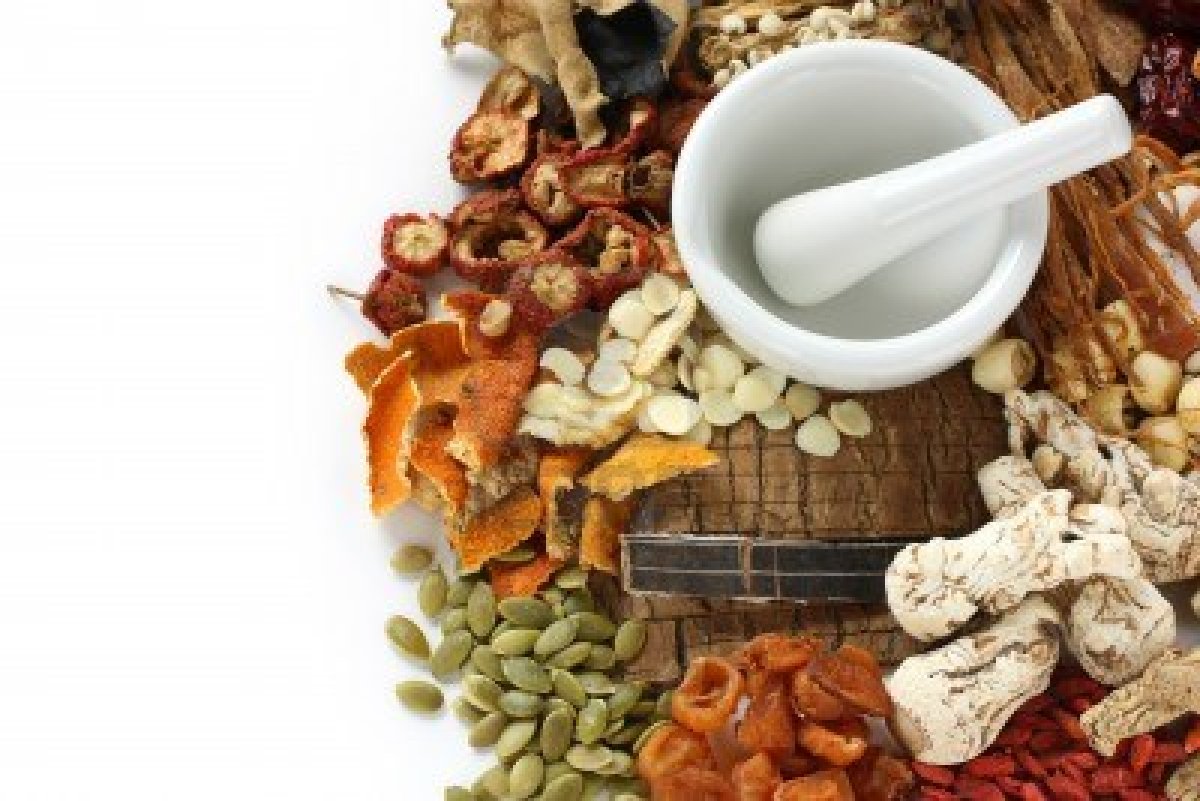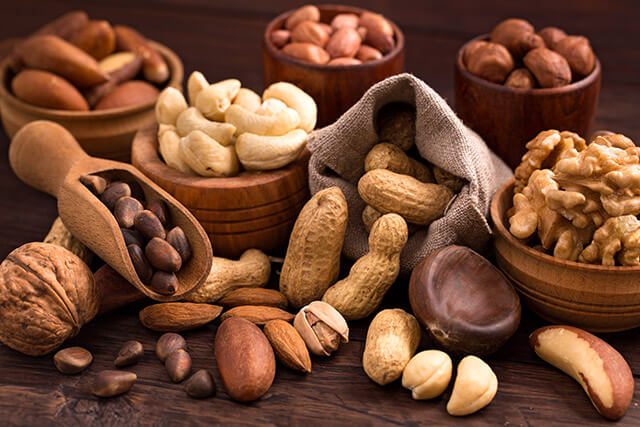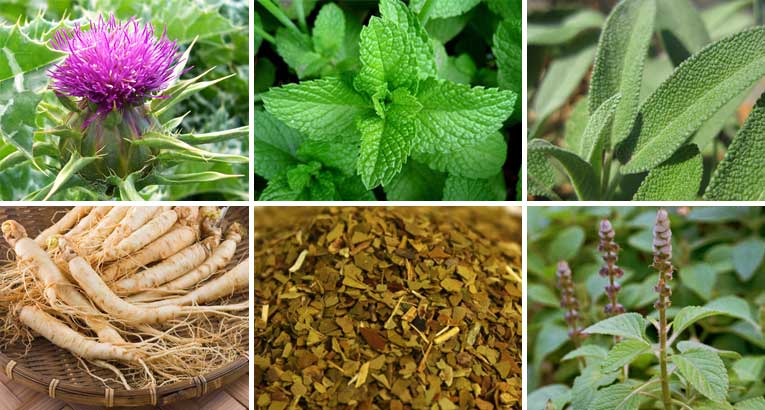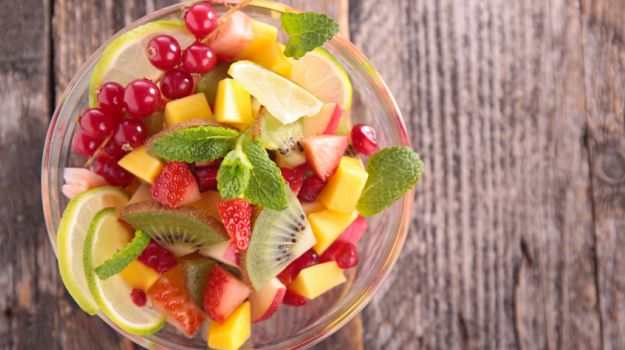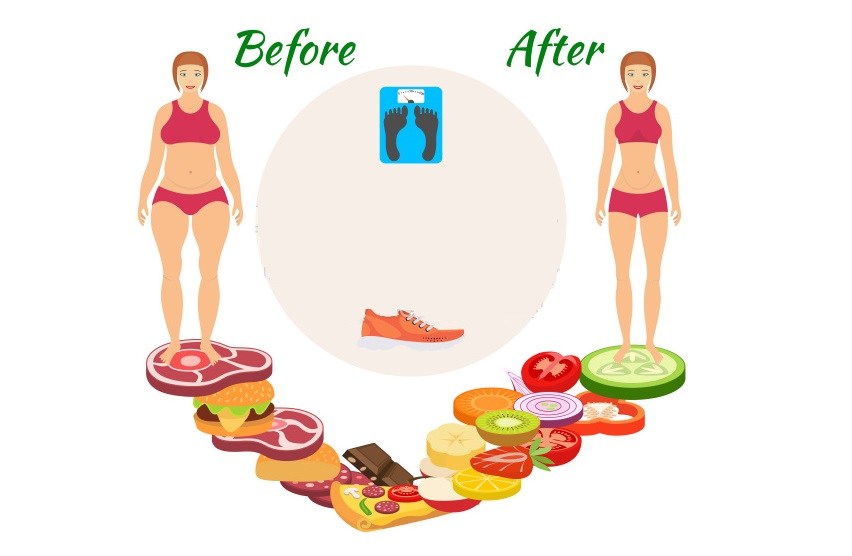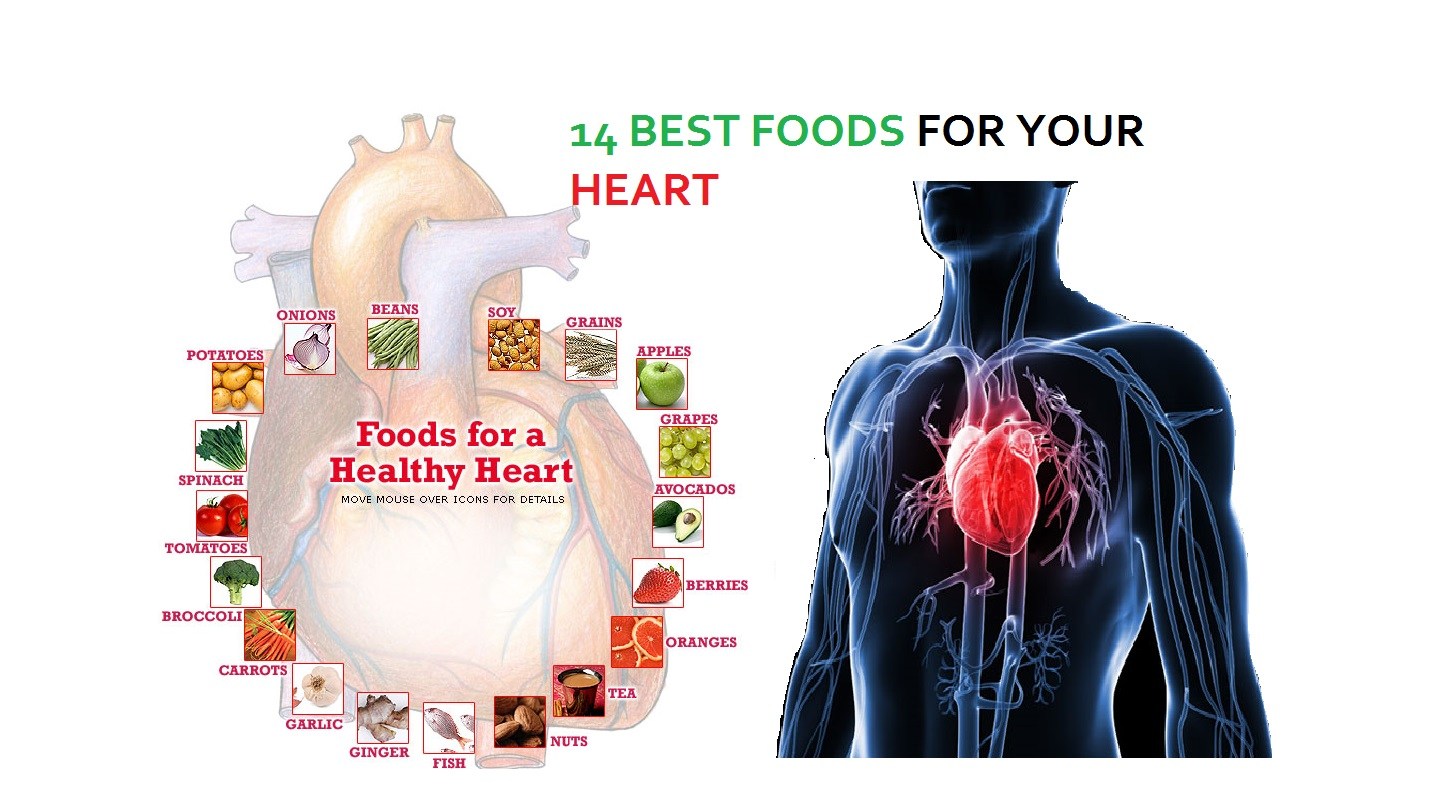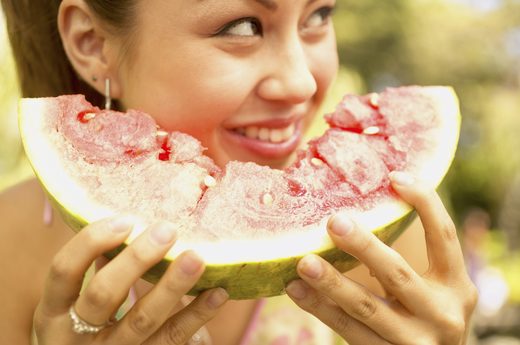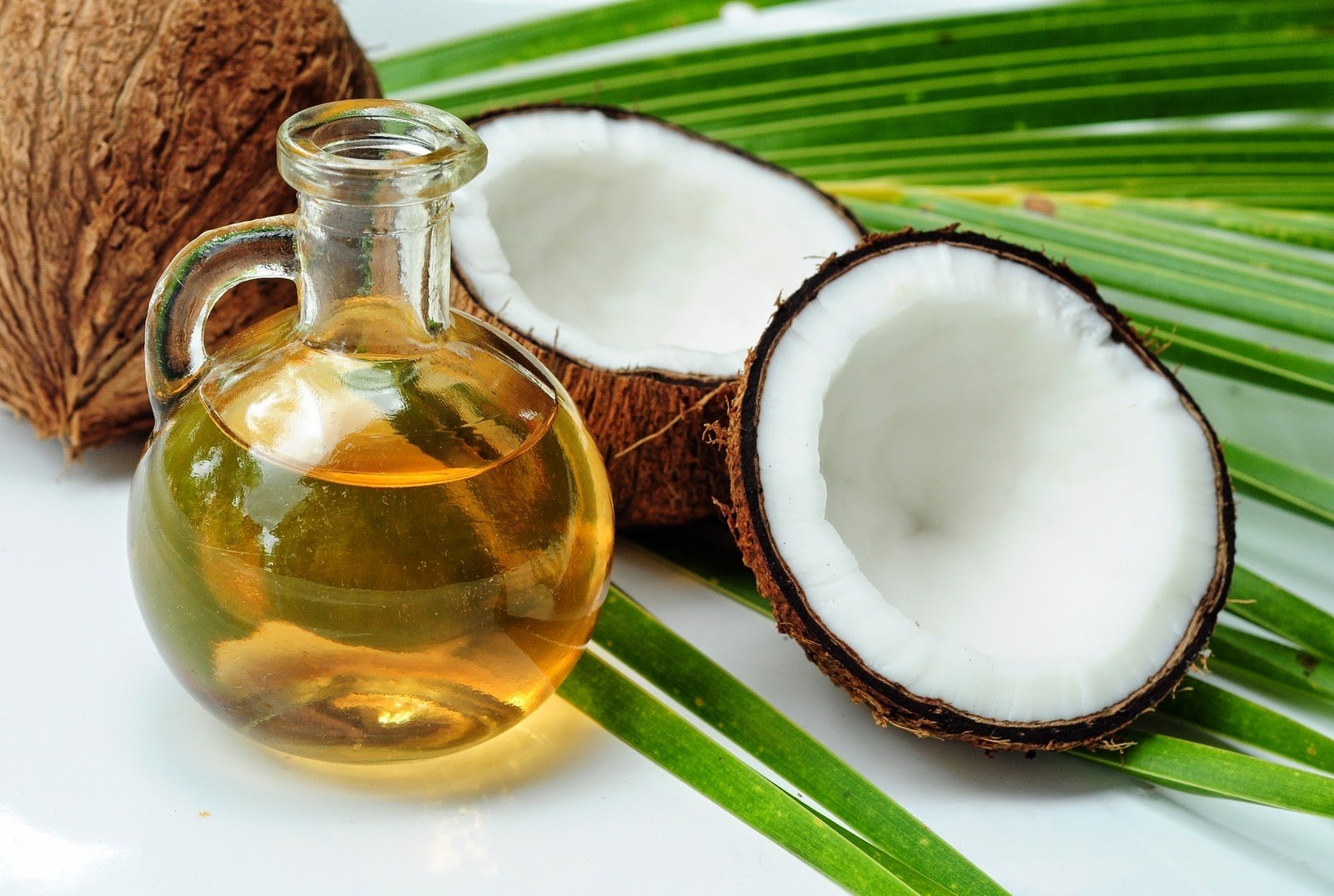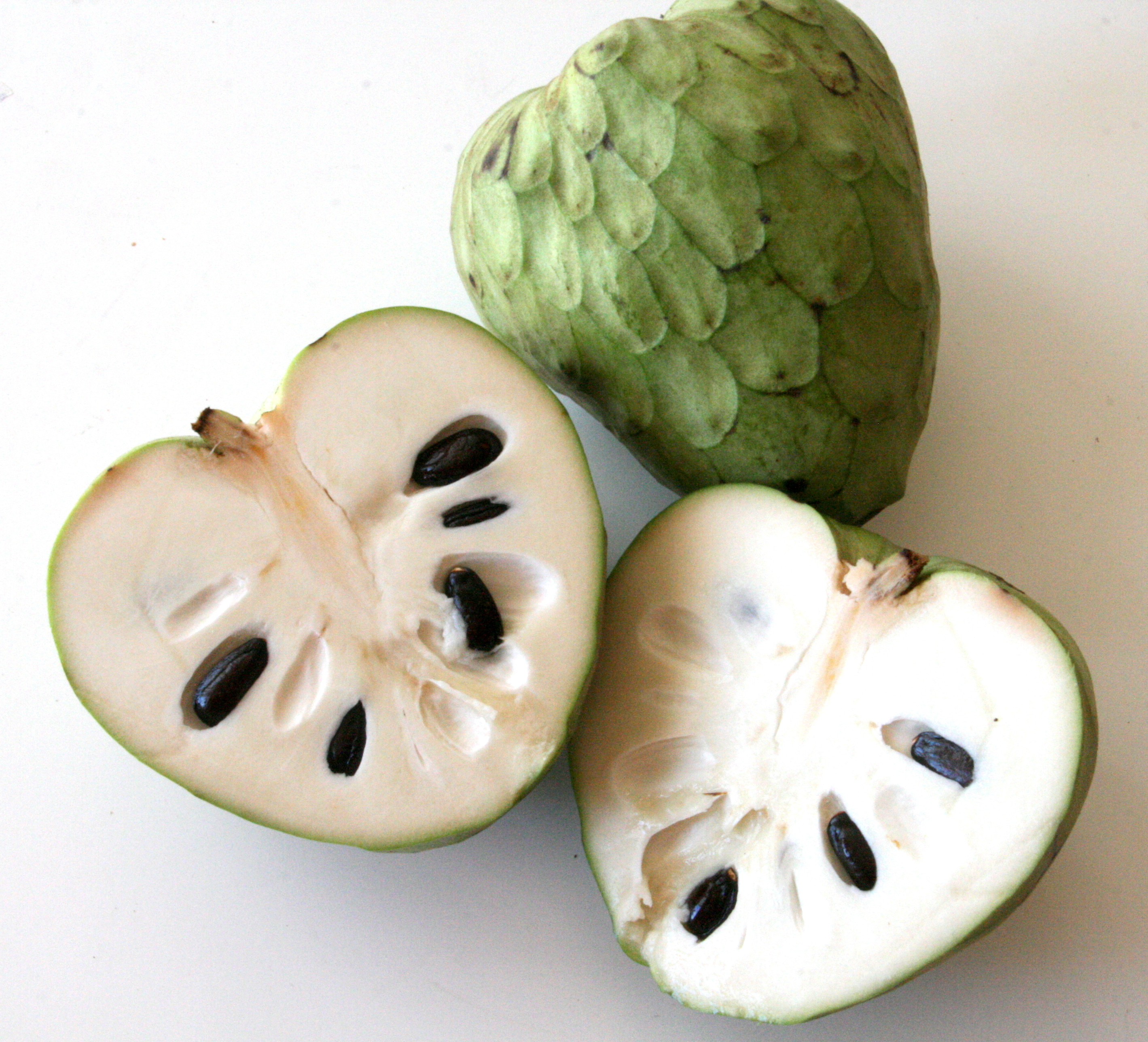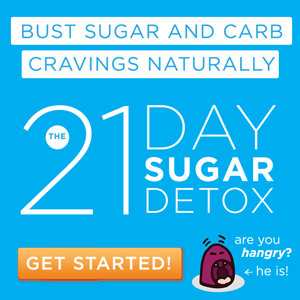BEST FOODS FOR YOUR HEART
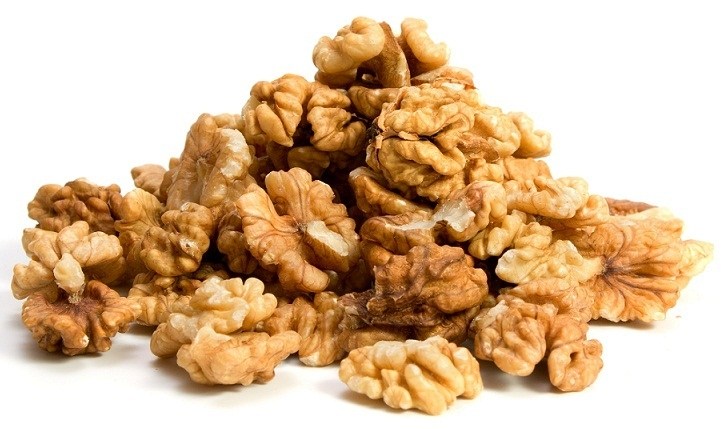
As a convenient snack in a bag or on top of a salad, walnuts boost your heart functions with healthy omega-3 fats and antioxidants. Eating two ounces a day has been shown to improve blood vessel function among people with diabetes and also protect people from heart disease who are at risk for it, says Bridget Swinney, a Texas-based registered dietitian and the author of Eating Expectantly: The Practical and Tasty Guide to Prenatal Nutrition. Swinney points out that a handful of nuts has also been shown to lower cholesterol levels and help satisfy hunger.
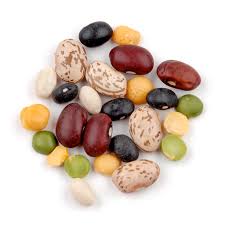
Just a half-cup of beans a day will keep your heart in optimal shape, according to Georgia-based nutritionist Dr. Keith Kantor. Soluble fiber is a key reason why beans are beneficial to your heart, Kantor says. The fiber binds to cholesterol and keeps it from being absorbed in the gut and building up to unhealthy levels. Add some black, kidney, lima, navy, pinto or white beans to your next meal for that extra dose of soluble fiber, in addition to folate, magnesium, calcium, omega-3 fatty acids and B-complex vitamins — all essential nutrients to keep your heart healthy.
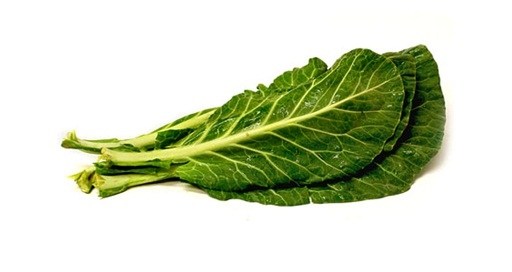
Low in calories and packing a hefty nutritional punch, collard greens contain vitamins K, A and C, as well as folate, manganese, calcium and fiber and much more. These important nutrients allow your blood to clot normally, help prevent calcification of your arteries and even protect your bones from fracture. Collards have even been found to bind bile acids in the digestive tract, which lowers the bodys cholesterol, says Rea Frey, Chicago-based nutrition specialist and International Sports Sciences Association certified trainer. Collard greens also increase cardiovascular health due to their anti-inflammatory properties.
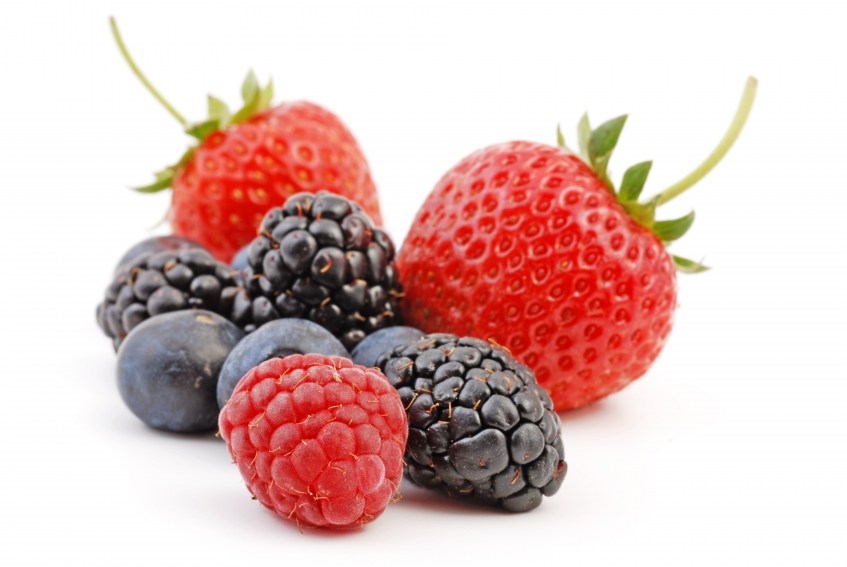
Packed full of antioxidants, berries are a great snack choice to keep your heart healthy. Berries increase good cholesterol (HDL) and lower bad cholesterol while lowering your blood pressure. In addition, the low-calorie, fat-free fruit (in any form: fresh, frozen, dried or cooked) contains nutrients that promote bone growth and the conversion of fat to energy. These little cancer fighters combat oxidation and inflammation and should be eaten daily, Frey says. As if thats not enough, the hardworking fruit possess polyphenols, which have been shown to increase levels of nitric oxide, a molecule that causes blood vessels to relax.
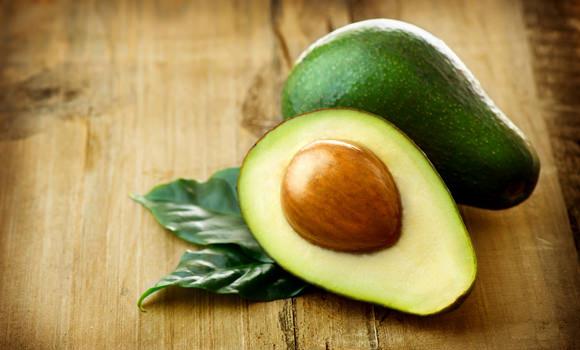
Avocados are full of healthy monounsaturated fats and are a source of potassium, a mineral also known for controlling blood pressure, according to Bridget Swinney, a Texas-based registered dietitian. They are also a great source of vitamin C, fiber and carotenoids, Swinney says. Carotenoids have been associated with a decreased risk of death from cardiovascular disease. In addition to offering a beneficial dose of fiber, avocados have been shown to help the body absorb other antioxidants when eaten with veggies such as spinach and carrots, she says.
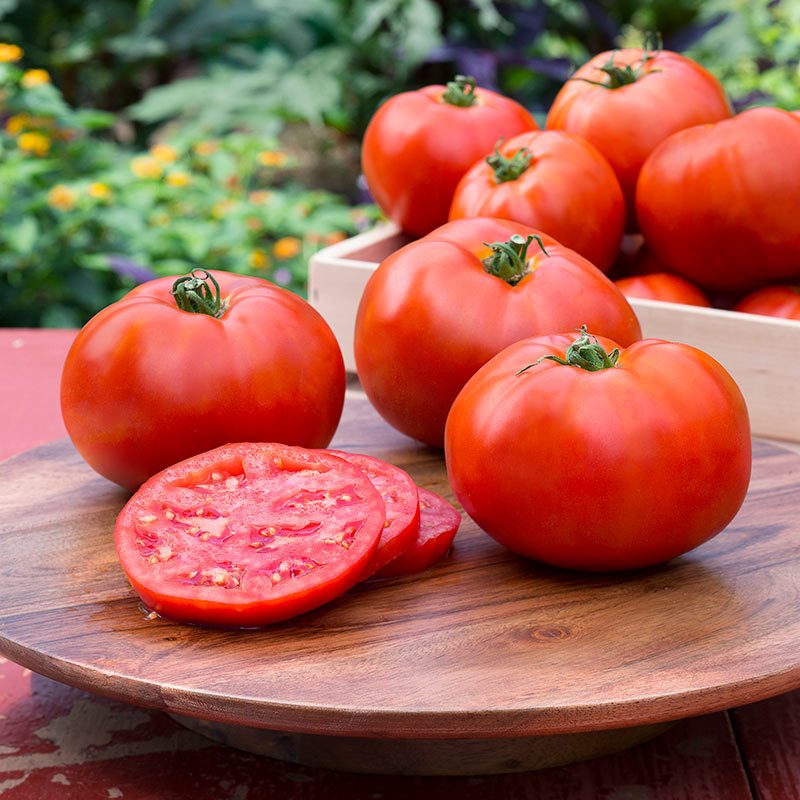
Tomatoes contain a solid dose of heart-healthy vitamin C and like watermelon, are rich in lycopene. Try making your own tomato sauce with canned or fresh tomatoes, and add oregano and chopped-up veggies for a gourmet, homemade pasta sauce with mega antioxidant power, recommends Keri Glassman, New York-based nutritionist, television cooking host and author of The New You (and Improved) Diet. Vitamin C works as an antioxidant, protecting your cells from damage, says Glassman.
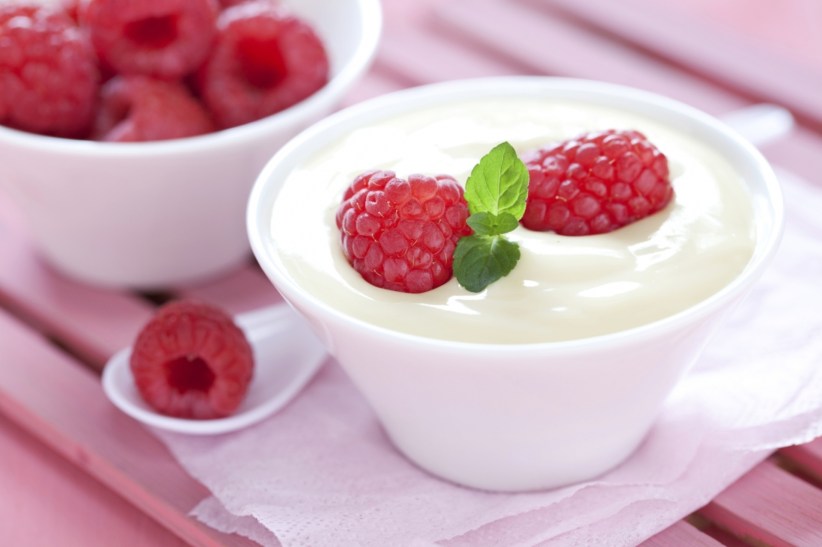
For a sweet and savory treat that wont clog your arteries, opt for a cup of yogurt, which will protect more than just your heart, says Dr. Andrea Paul, a physician and chief medical officer at Boardvitals.com, an online medical question bank. Yogurt protects against gum disease, which can increase your risk of heart disease, she says. In addition to reducing your risk of heart disease, according to Paul when you eat low-fat yogurt, you also absorb powerful antioxidants, vitamins, fiber and probiotics that are beneficial to your overall health, digestion and well-being. Top with fresh or frozen berries for a sweet and healthy treat during the day
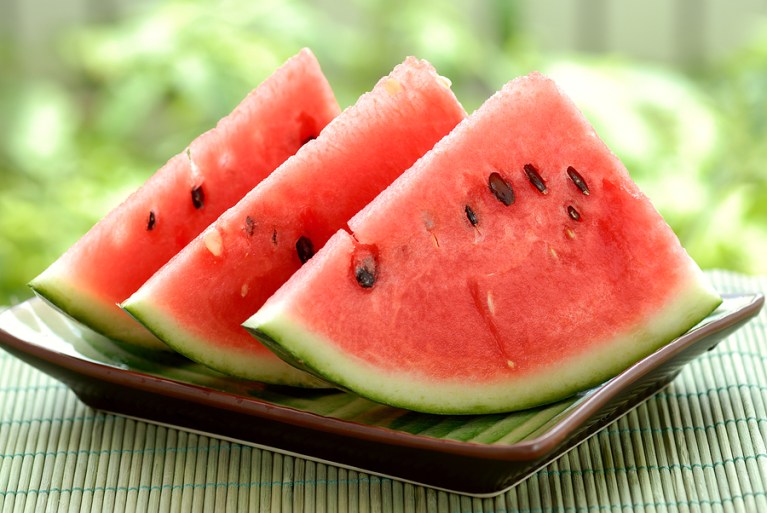
Satisfy your sweet tooth while chomping on a slice of watermelon, a low-calorie treat that is high in fiber and a great source of antioxidants, according to Dr. Sarah Samaan, cardiologist with Legacy Heart Center in the Dallas-Fort Worth Metroplex. Its a fabulous source of lycopene, which has been linked to a lower risk for heart disease and cancer, Samaan says. Watermelon also supplies citrulline, which may improve the health of our blood vessels and may even have benefits for people with erectile dysfunction and diabetes. Watermelon is also a source of vitamins C and A, as well as potassium and magnesium.
Related Albums
Your Reaction?

